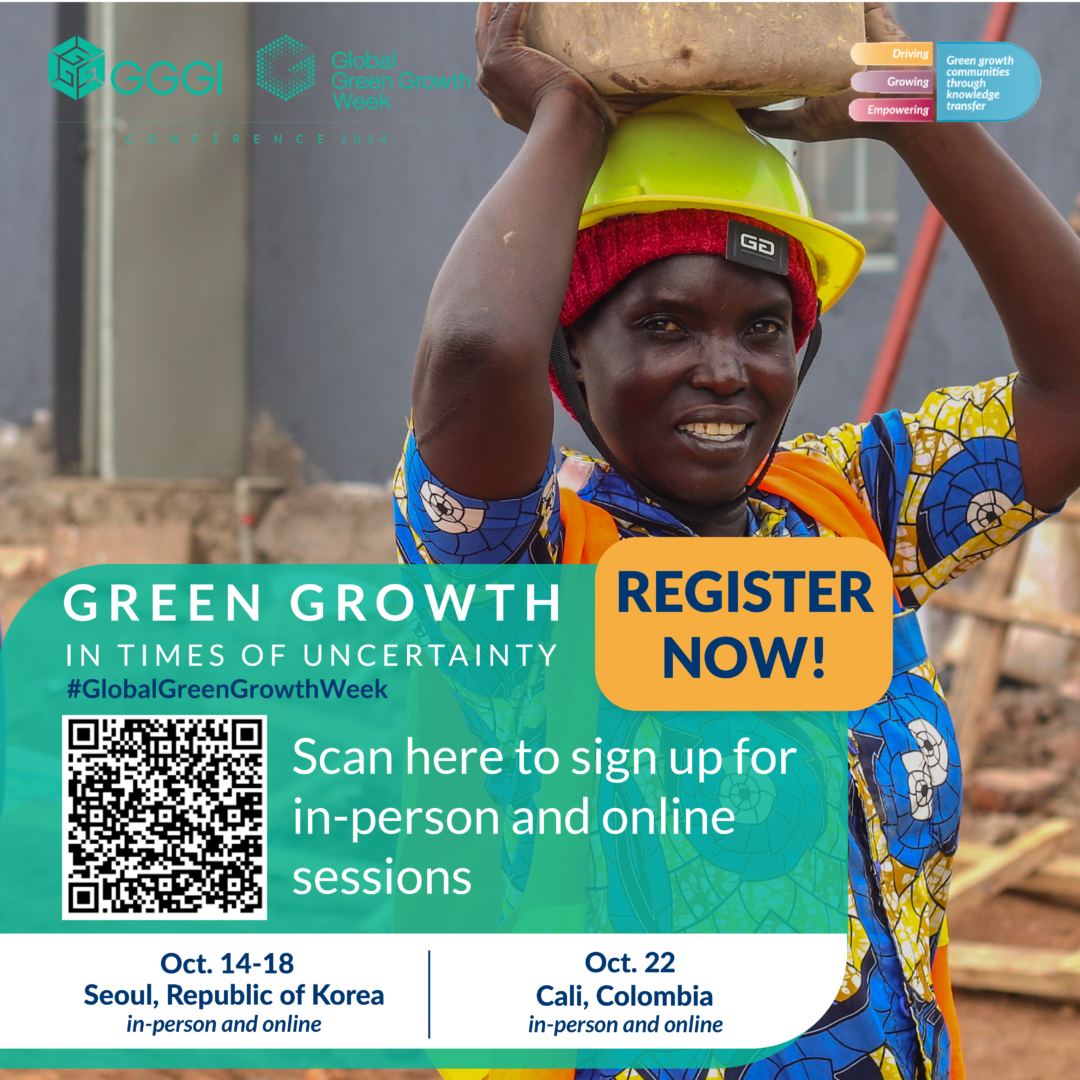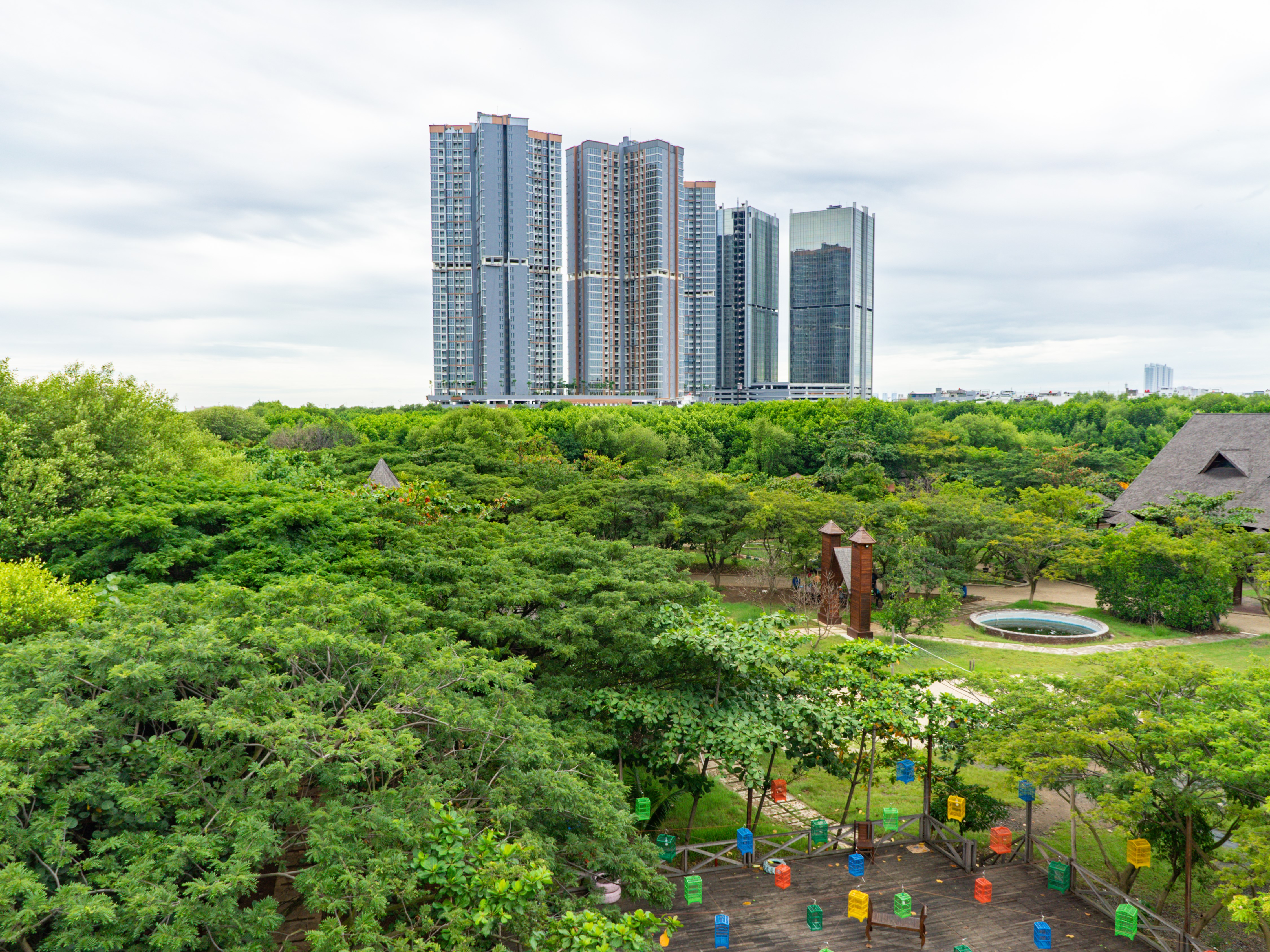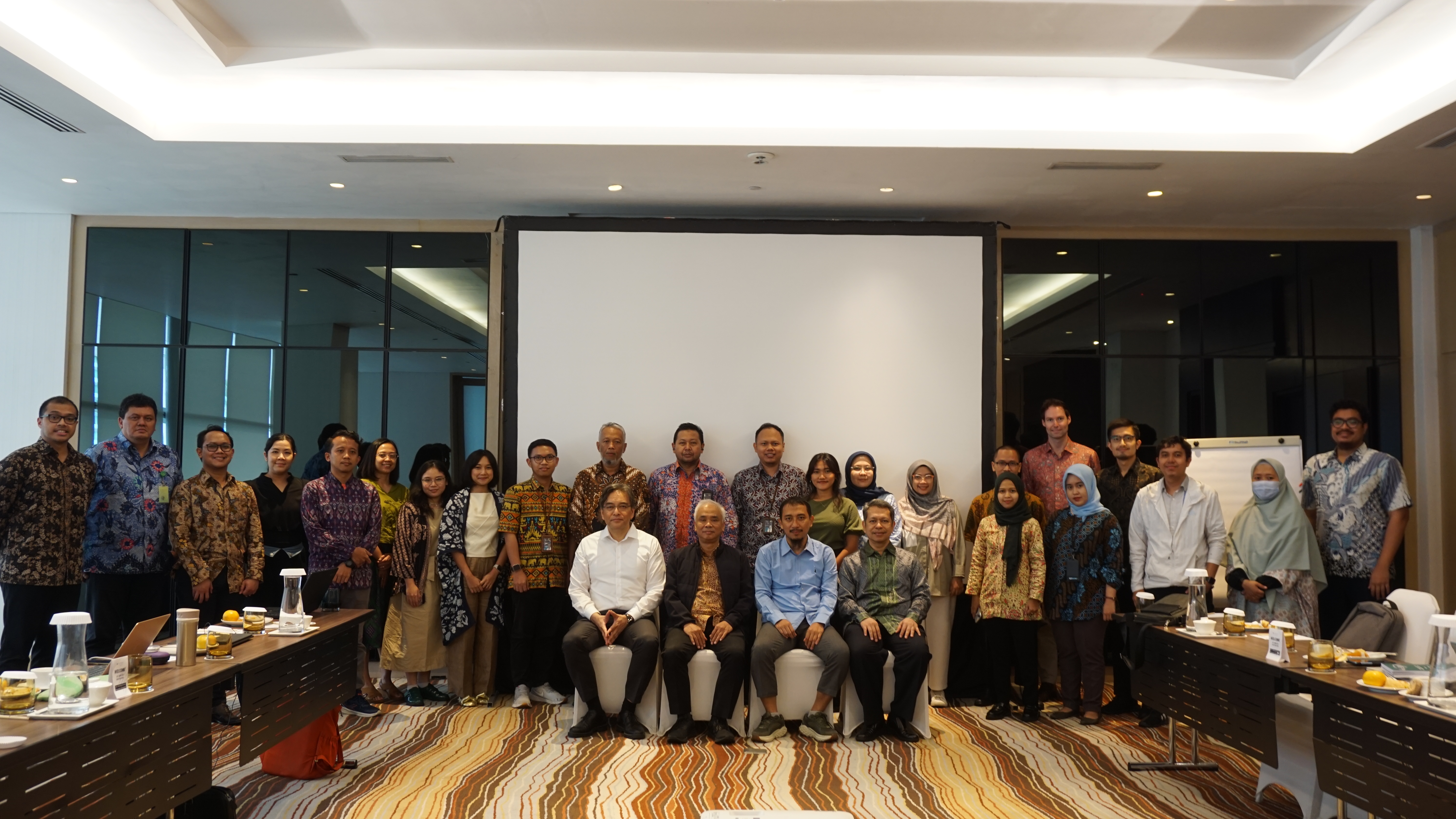Waste in Nusa Dua, Bali to Become Power Source
The Ministry of National Development Planning along with PT ITDC Nusantara Utilitas (ITDC NU), which is a subsidiary of Indonesia Tourism Development Corporation (ITDC), and GGGI have initiated a feasibility study on a waste power plant in Nusa Dua, Bali. This study assesses waste composition, waste distribution, the budget, and the law. The first meeting was held on January 24, 2020, and the study entered its last phase in March 2020.
The result of said study indicates that the waste acquired by Nusa Dua, Bali, which comes from hospitality industry and recreational parks with stable characteristics, could be processed into power source and heat energy for clean water treatment. This sustainable waste management process is an attempt towards sustainable development with zero waste tourism impact.
In the early stages of development, the waste power plant will have capacity as much as 500 kW, in which up to 35 tons of waste that are in the area of ITDC will be absorbed daily, as targeted. The waste power plant’s technology uses municipal waste to generate energy in either power or heat form, and offers several advantages, such as reducing dependency on fossil fuels and the need for landfills. This idea is aligned with the Green Growth Program to deliver a sustainable and an environmentally-friendly development.
Until now, the majority of municipal waste is discarded in landfills, with sanitary landfill system. This method of waste management can cause challenges, such as waste being redirected to rivers or oceans. A waste power plant with sustainable waste management system is expected to counter such downside; however, due to its complex process, it has not developed as well as it is hoped for. The plan is to develop a waste power plant with simpler process in ITDC areas, in the hope that it will increase the success rate and become an example to other waste power plants.




